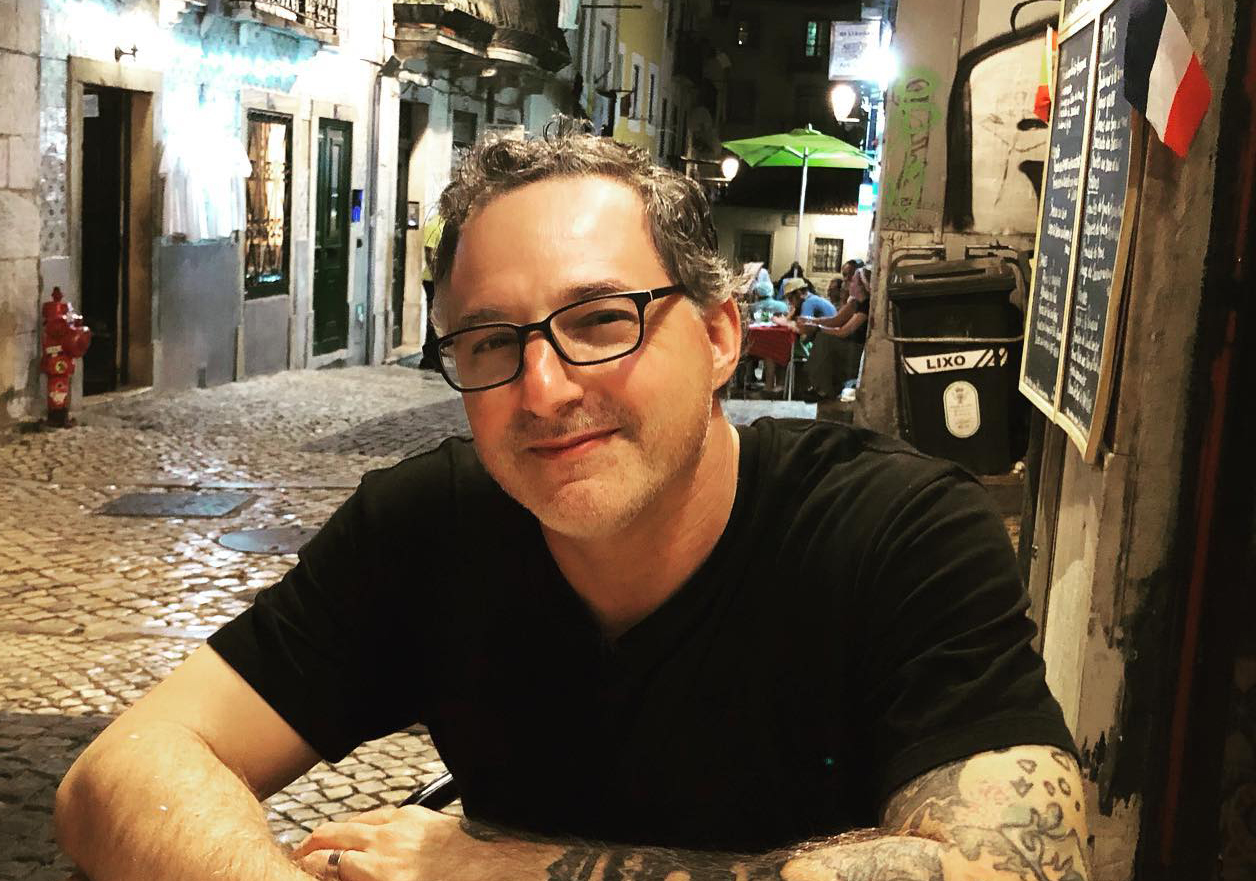We recently connected with Paul and have shared our conversation below.
Alright, Paul thanks for taking the time to share your stories and insights with us today. Do you think your parents have had a meaningful impact on you and your journey?
When I was three years-old, my mother and father opened a pizza shop. Over the next decade they would own two more pizza shops, an Italian restaurant, and a bar. At each, I was right there with them, camped out in the supply room or under the pizza oven, drawing, writing, and reading while they worked. Growing up in that environment taught me more about how to be a practicing artist than any of what I learned in art school. Because it wasn’t about what they were doing, but how. My parents were self-guided. They didn’t wait to be told what to do or ask for permission, and the only schedule they had was the one they created. They had vision, along with an impressive work ethic, and through action and example, taught me how to live a life of my own making. Drawing, writing, those were skills I would go on to spend decades honing. But only because I was first shown how to create my life, allowing me to pursue whichever activities I chose.
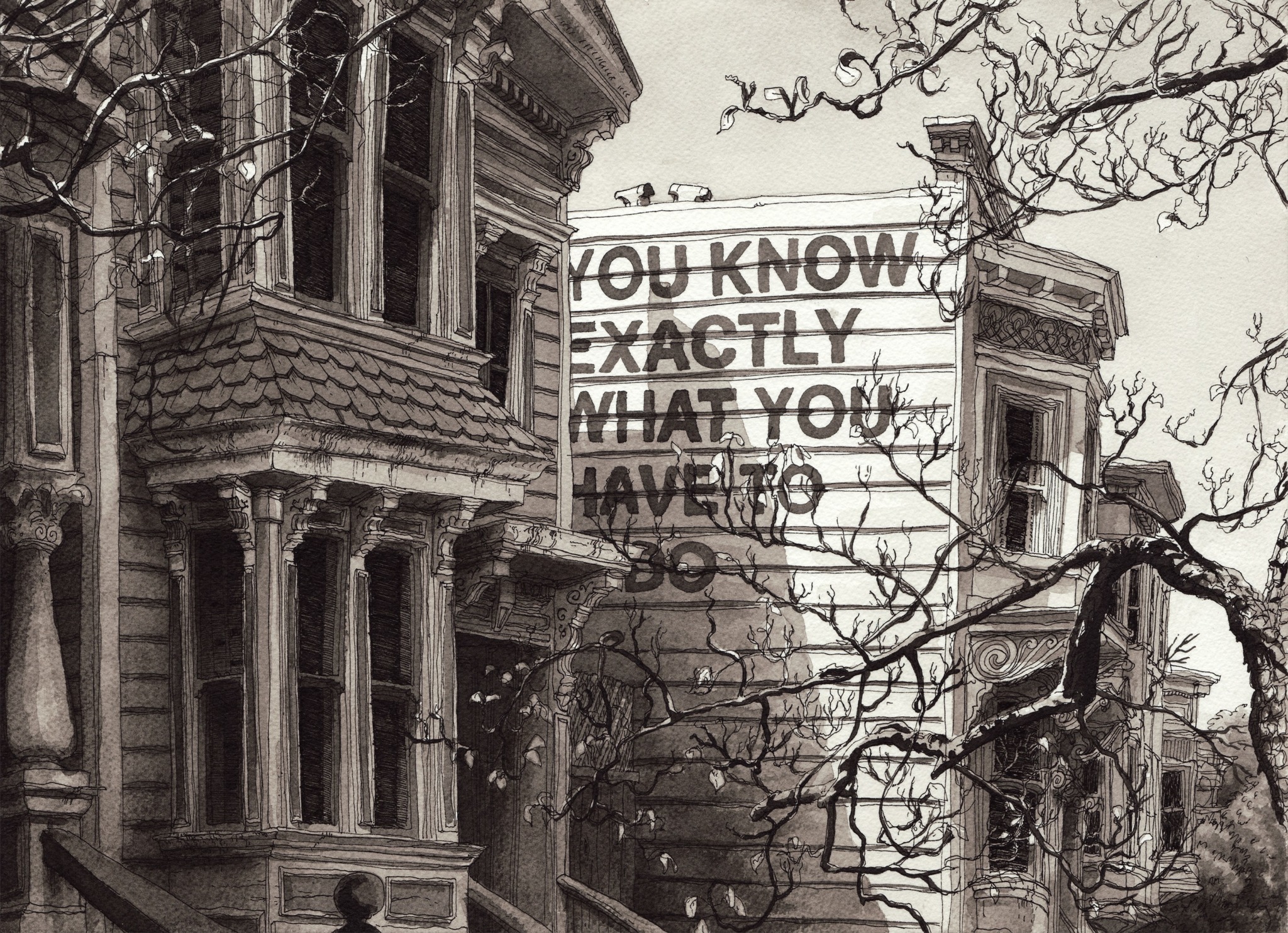
Awesome – so before we get into the rest of our questions, can you briefly introduce yourself to our readers.
I am an artist and author. I draw plein-air cityscapes and portraits, predominantly in pen and ink, and also write mystery fiction. I exhibit internationally in galleries and museums, and have an ongoing series of detective novels called the Emit Hopper Mystery Series. I am an independent creator who prefers to make my own projects then sell them, rather than seek jobs or assignments. My love is blending art and story. In 2003 my series All Over Coffee launched in the San Francisco Chronicle. The series, which blended drawing and storytelling in a way no one had done before, ran for twelve years, almost eight hundred published pieces, and was turned into four books. I licensed the work so that I could own all the rights, and from there I’ve built a career as both a fine artist and an author, traveling the world to draw and write.
Making drawings and writing books is my passion, but overall, I am dedicated to the creative practice. I work almost every day, and while focusing on my own projects can at times be challenging to my bank account, it affords me the freedom to live and work the way I choose. Which I see as the ultimate form of creativity.
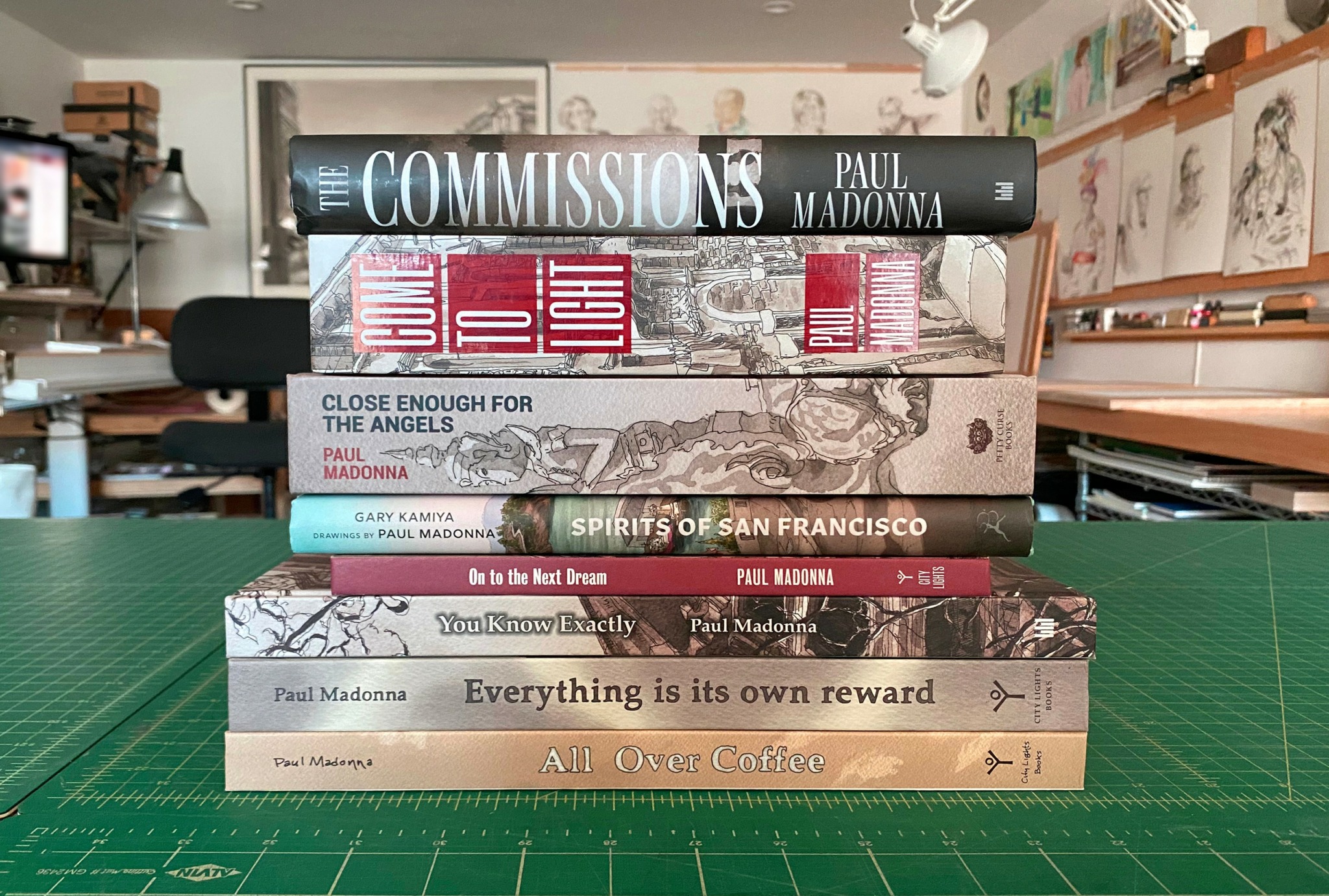
Do you think there is something that non-creatives might struggle to understand about your journey as a creative? Maybe you can shed some light?
It’s about what we value. For me, time is more important than money. Money of course is important, because without it, we don’t have time. But money is only means. Once we have money, what do we do with it?
I want my time to pursue my own work, my way. And the risks of this path are far more acceptable to me than the safety that comes from selling my time. This is the first part of my value system.
That said, making money is a part of what I aim to achieve through my work. Again, because it’s a necessity; a truth I must accept by choosing to be an independent professional artist. This means not just pleasing myself, but seeking acceptance in the marketplace. I find the bridge between these two, often conflicting needs, through connecting with people. While my creative practice is ultimately about having the time to create in the ways I want, the work must go beyond me. This is the second part of my value system: Communication. I do not want to work in a vacuum, or speak only to a mirror. I am part of a community, and if I speak to my community and engage them to not just listen, but to communicate with me as well, then that conversation has value, which is the path to earning a living. To put it more simply: People must like what you do in order for them to pay you for it.
Of course, making this happen is in no way simple. There is no formula. But the same is true for creativity. Which is why I am ultimately dedicated to the process; of making art that connects with people, in the ways I want to make it. A pursuit I navigate by first identifying my values, then making constant, consistent choices toward my goals, within that value system.
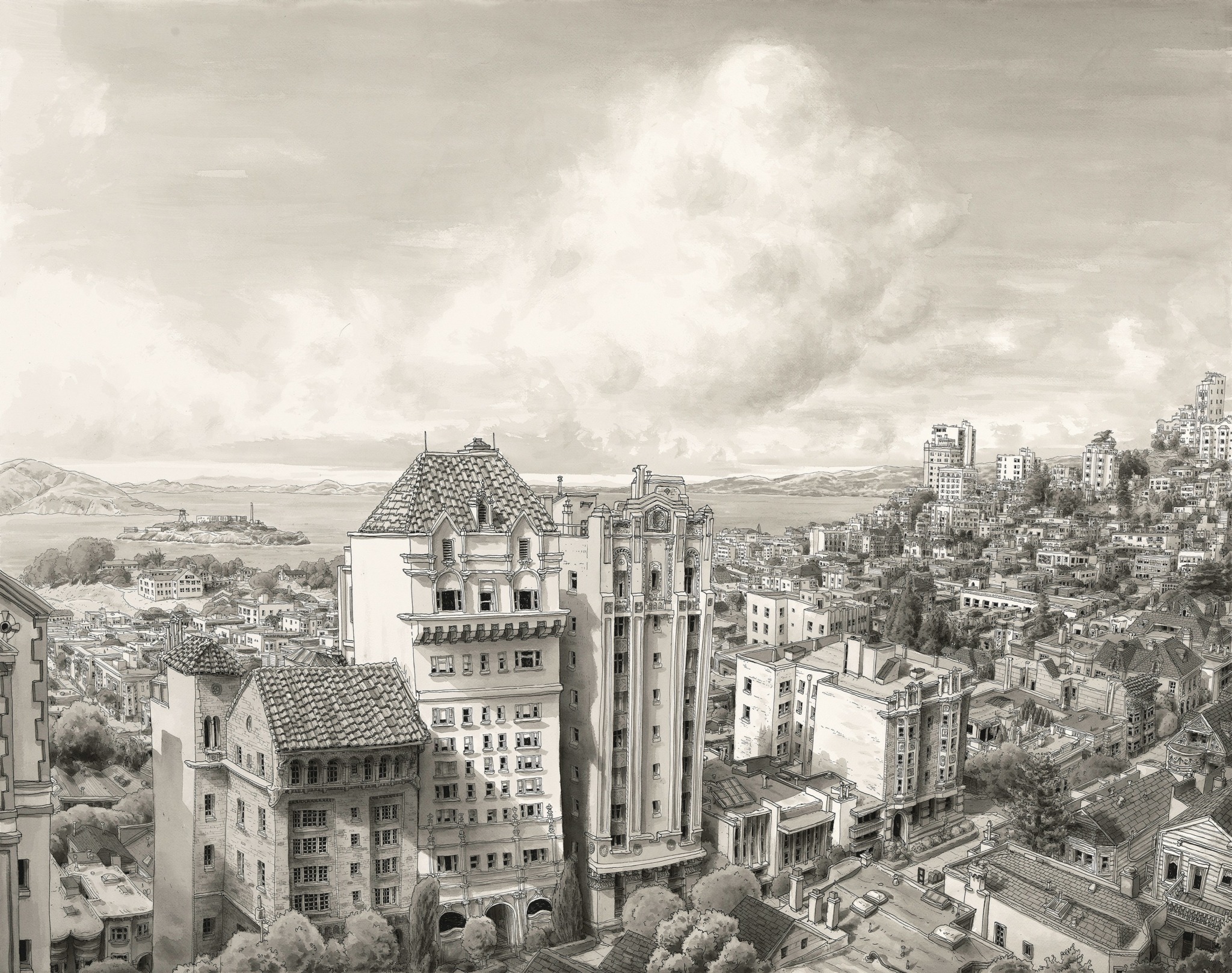
Can you share a story from your journey that illustrates your resilience?
When my series All Over Coffee launched in the San Francisco Chronicle, I was unknown. I had published a few small pieces here and there, but was struggling to make my name, and was not yet making a living from my work. The paper delayed on getting me a contract until after the series launched. No one knew how it would be received, but it was an overnight success. The change to my life was immediate, and overwhelmingly positive. I instantly had a career. Then I received the contract. The paper was paying me a pittance for the feature—which I’d already agreed to in exchange for the opportunity to be in 700,000 papers four days a week—but now they wanted to own all the rights to the work. To be clear, I was not an employee, I was invoicing for each piece, which meant a work-for-hire agreement did not apply. I refused to sign the contract, demanding that I keep the rights to the series.
Suddenly I was in conflict with the editors. The people who were giving me my big shot were now threatening to pull the series if I didn’t sign. Here I was, on the biggest stage I’d ever been on, under pressure to work for the biggest audience I’d ever had, and no sooner had I started, it was all about to end. It took weeks, but I finally got the editor to agree to review the contract with me. A meeting was set, only, when I showed up, I was not taken upstairs to the pressroom offices, but led into a basement room with a company attorney. I felt under-represented, but at the same time, knew I had to stand my ground. I had something here. The public was going crazy for my work—so much that I was selling every drawing as soon as it was published. This was my break, and I wasn’t going to sign away my rights.
I had meticulously gone through the contract and made notes. For an hour we went back and forth. The editor wouldn’t relent on owning the rights to the series, and neither would I. It got contentious, until eventually the editor jumped up and yelled, Fine! You’re out of the paper then! To which I stood up, said fine right back, and began packing my bag. It was like a scene from a bio-pic, the kind many artists dream might one day be written. As I put on my coat, I locked eyes with the editor. The attorney was just sitting there, looking back and forth between us. I didn’t want to leave. I didn’t want my wildly successful series to be canceled. But I also wasn’t going to sign over all my rights to it. So I picked up my bag, and turned to leave. That’s when the editor said, Wait. I stopped. She looked at me, then turned to the attorney and said, Give him what he wants. I sat back down and we amended the contract so that I retained all the rights to my series.
To me, this is a classic tale of the little person standing up for their rights. But it’s more than that too. The real world implications of my holding my ground have been beyond measure. Because I fought for these rights, I was able to continue selling my drawings—making up for the tiny amount the paper was paying me—exhibit, build a print business, make books, and continue to build the series as a brand. In short, I was able to build a career. Something I would have been unable to do had I signed their contract, just so I could have kept publishing. It also proved my mettle—to them, yes, but more importantly, to myself. To this day, over twenty years later, whenever I’m feeling lost or unmotivated—which, yes, still happens—I remind myself that back when I was nobody and had nothing, I stood up for myself, fought for my work. Because that’s not just who I was, but who I am. Which tells me I can also face whatever challenges are in front of me now.
Contact Info:
- Website: https://paulmadonna.com/
- Instagram: https://www.instagram.com/paulmadonnastudio/
- Facebook: https://www.facebook.com/paul.madonna/
- Linkedin: https://www.linkedin.com/in/paul-madonna-2586635/
- Other: https://paulmadonna.substack.com/


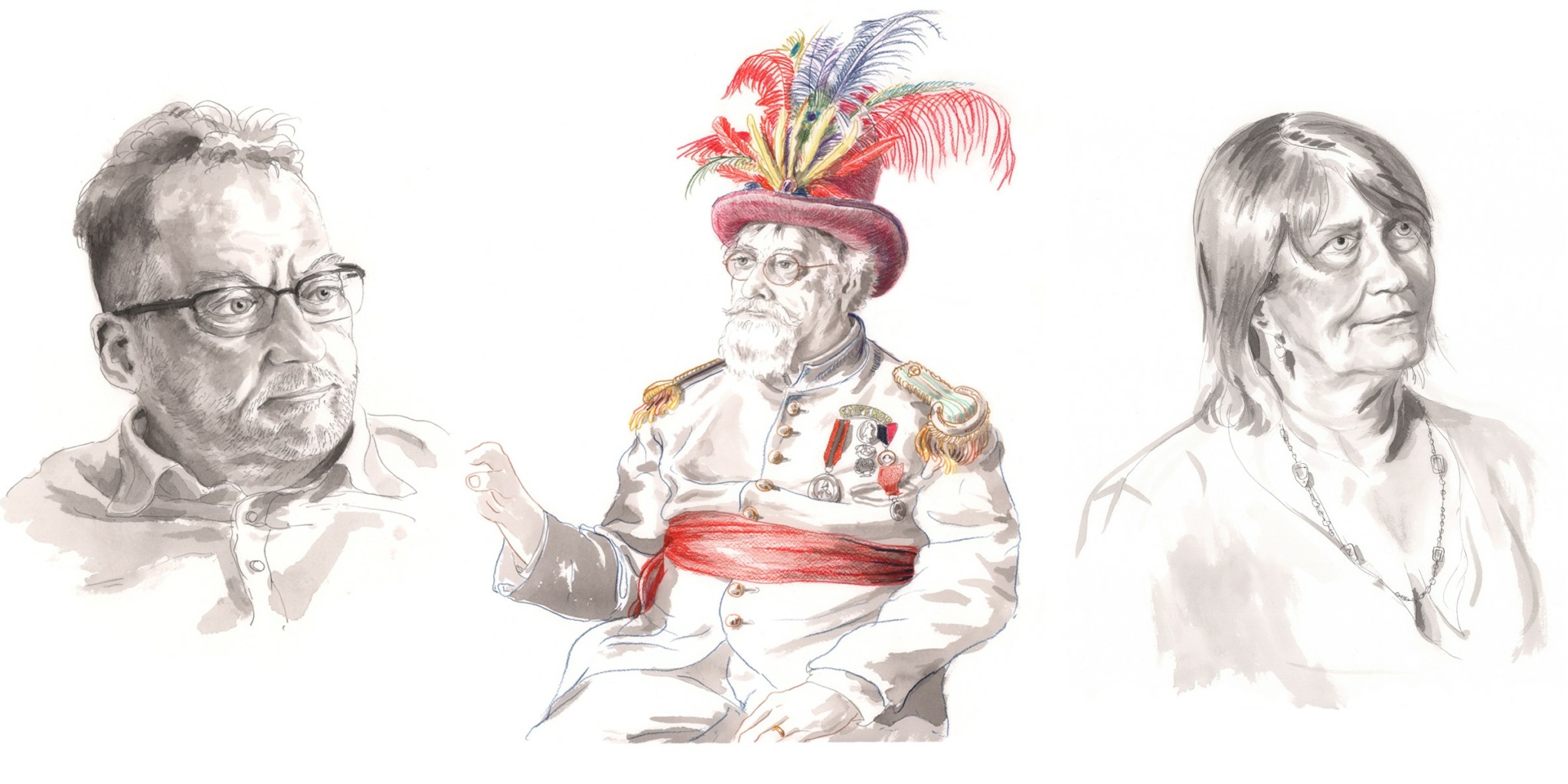
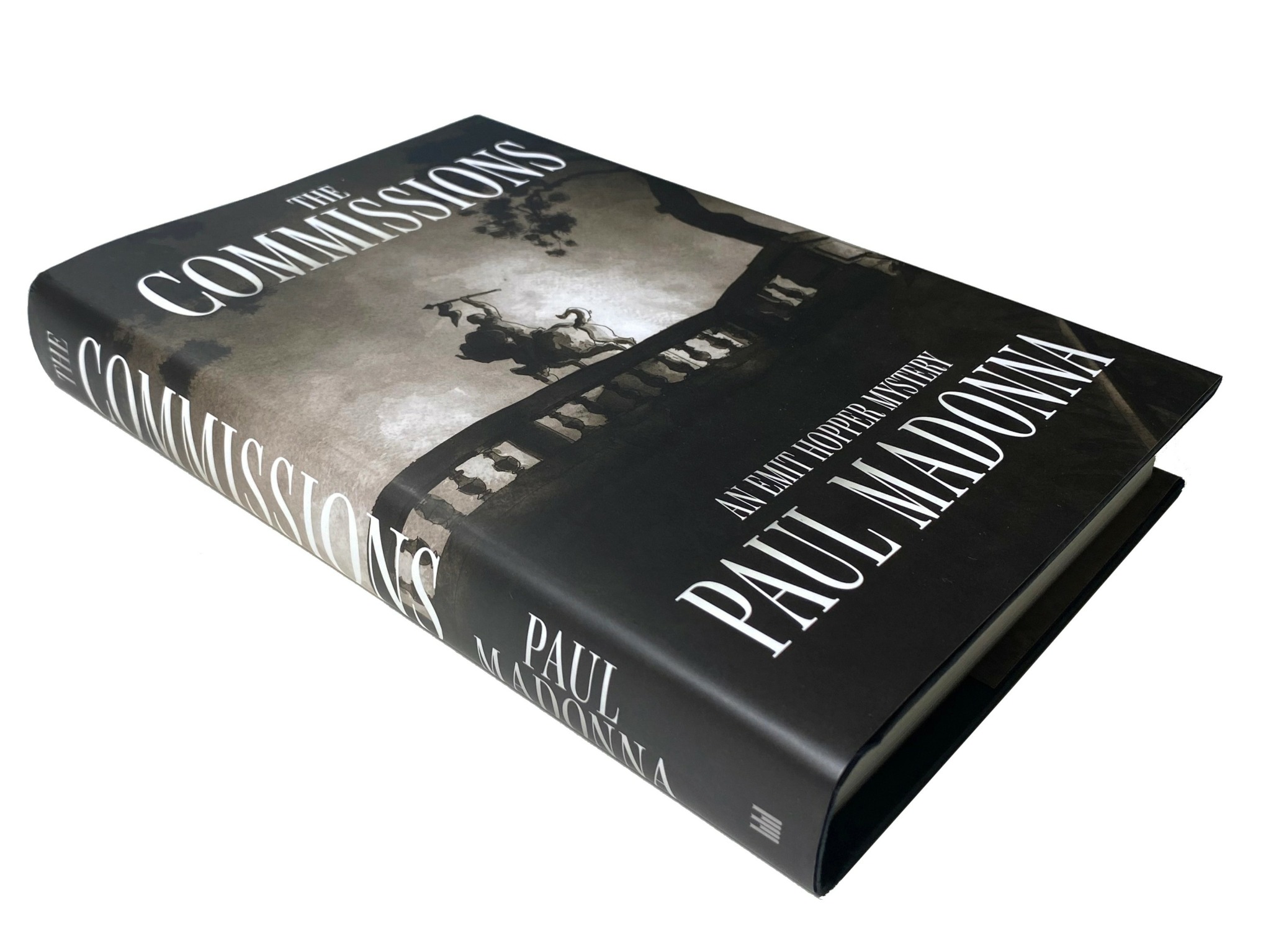
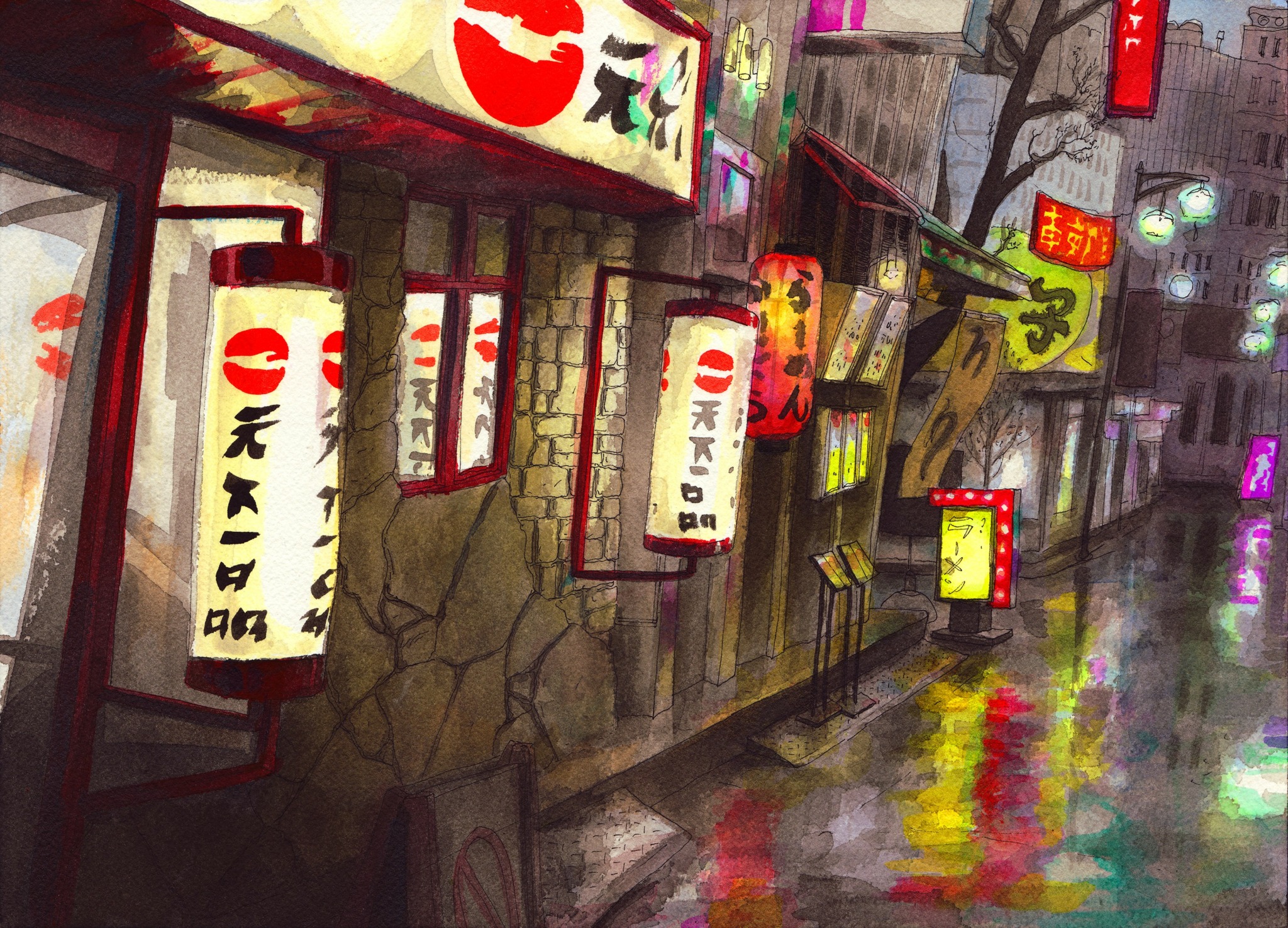
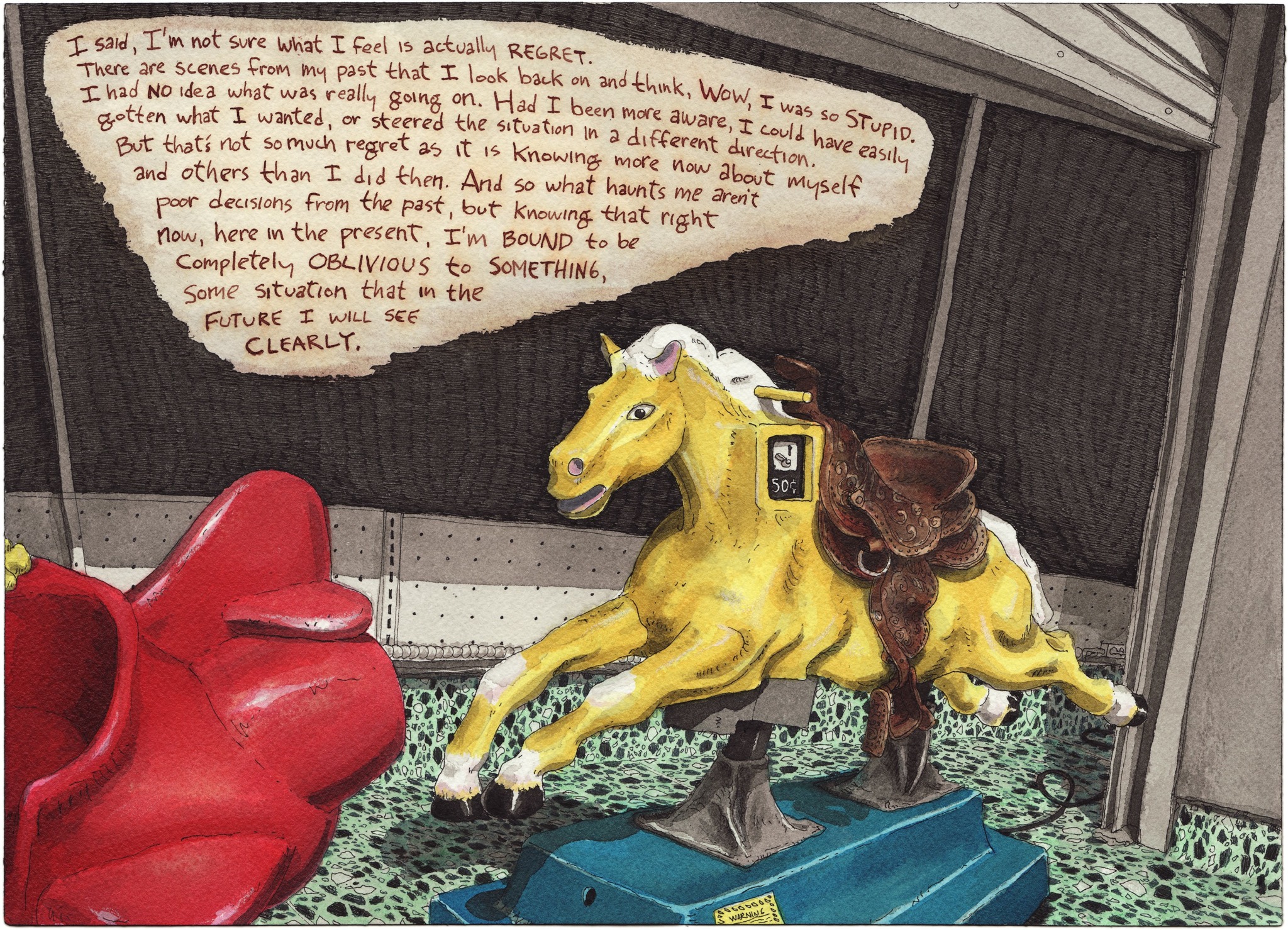
Image Credits
Paul Madonna


